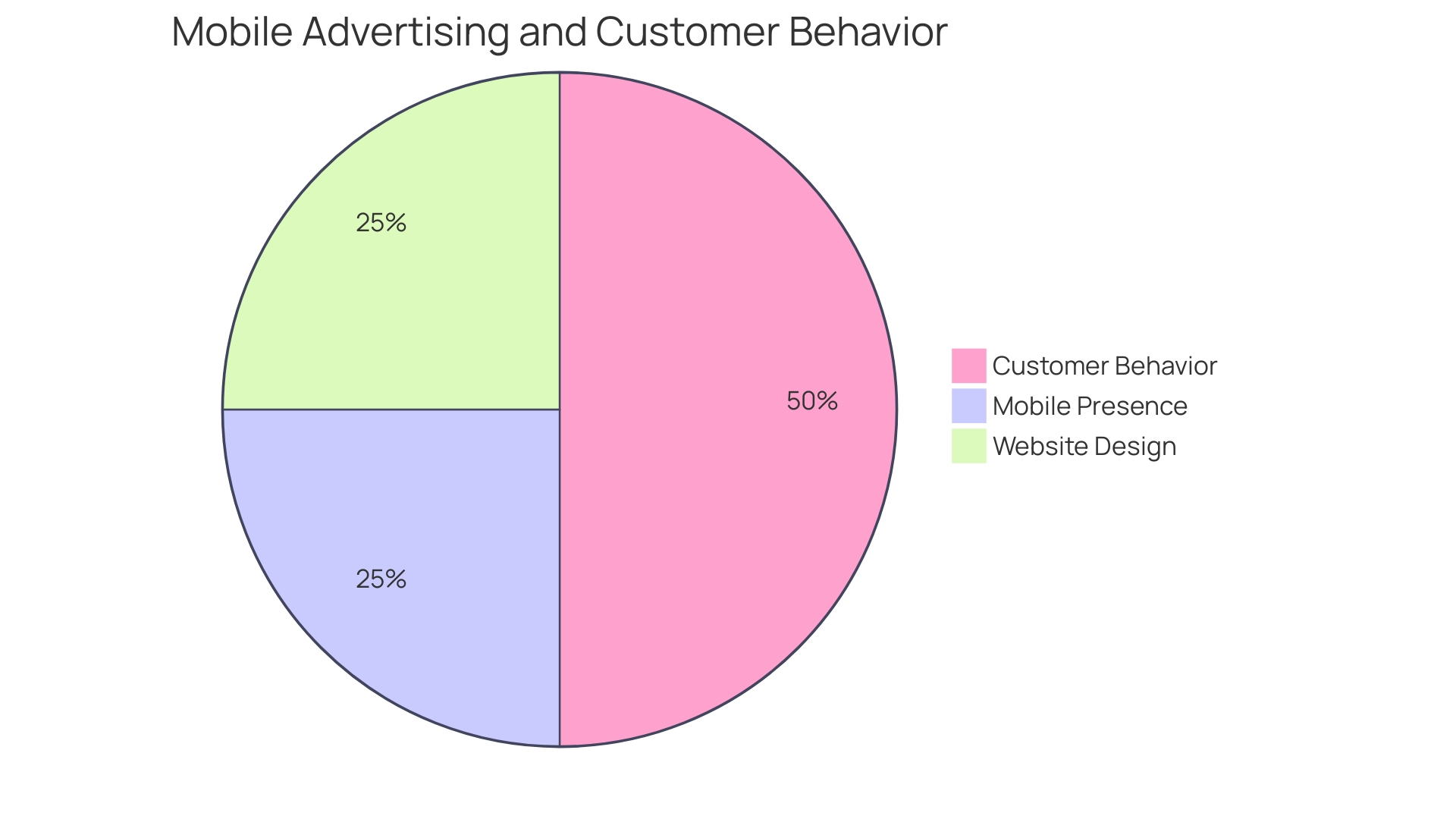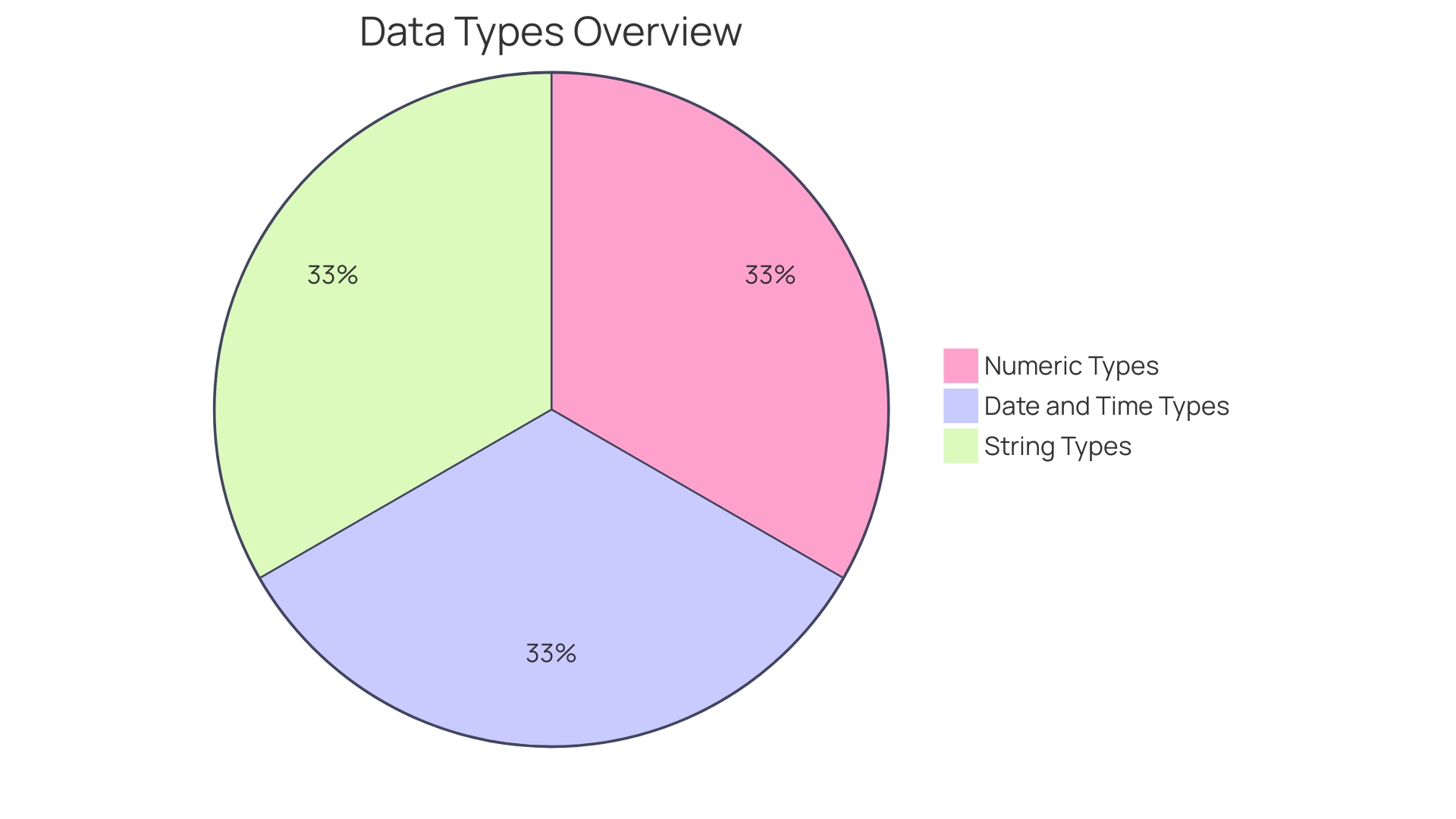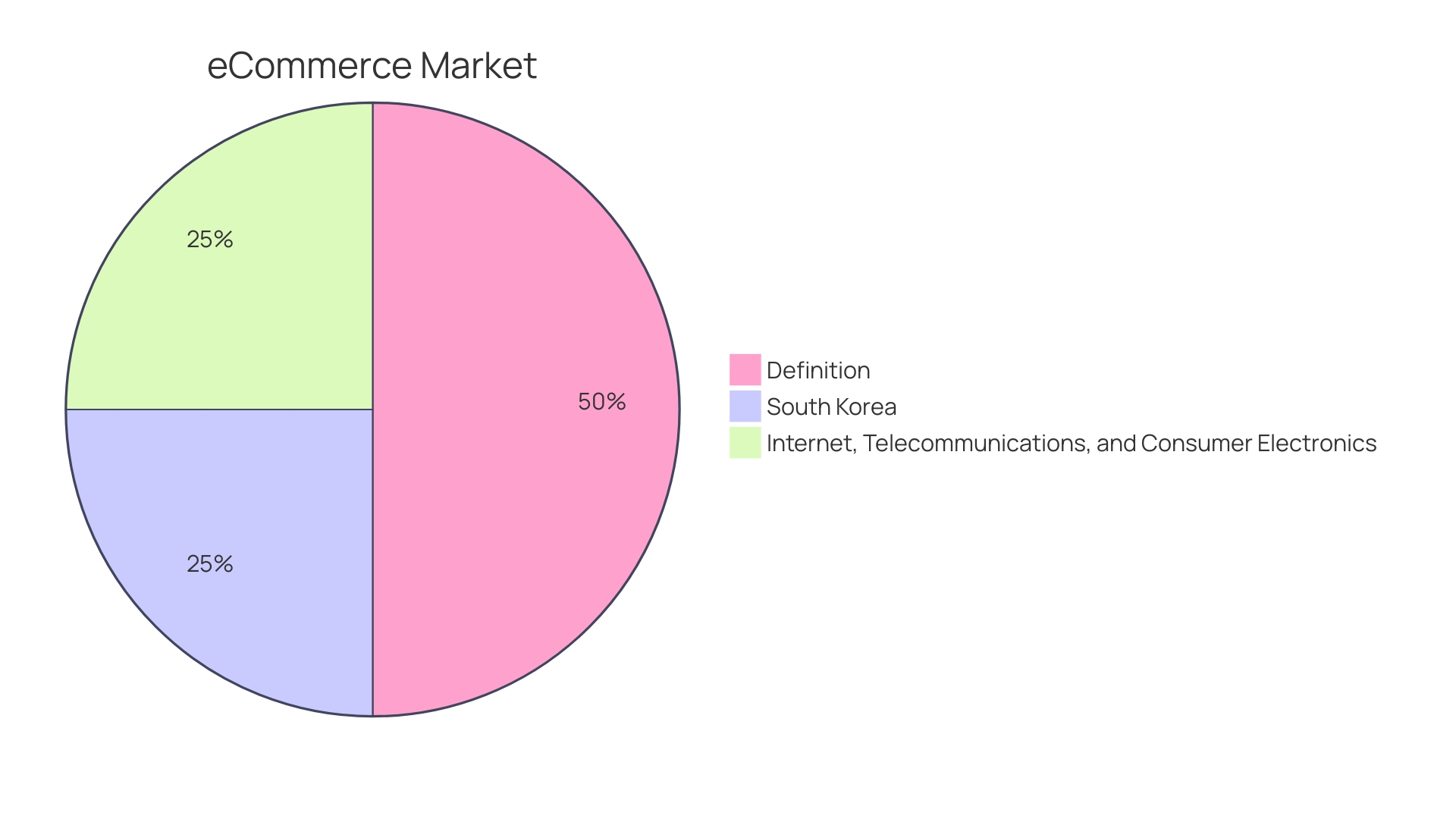Introduction
M-Commerce, short for mobile commerce, has revolutionized the way we conduct commercial transactions. It allows consumers to seamlessly browse, purchase, and complete transactions directly through mobile applications or websites tailored for mobile use. This modern shopping avenue has become increasingly important for fashion and sportswear shoppers who value the flexibility to shop both in-store and online.
With the majority of consumer interactions now occurring on mobile devices, mobile advertising has become crucial in capturing attention, retaining customers, and driving growth. The fusion of e-commerce and physical retailing, known as 'phygital commerce', has accelerated during the COVID-19 pandemic and is now a staple in consumer shopping habits. Incorporating various transaction types, M-Commerce exemplifies versatility and rapid growth, catering to mobile shopping, payments and wallets, banking and financial services, as well as digital content and subscription services.
M-Commerce offers unique features designed to enhance the mobile shopping experience, including optimized platforms for smaller screens and integration of mobile device capabilities. The significance of M-Commerce is evident from the success stories of businesses that have embraced mobile strategies, providing tailored experiences that cater to the mobile-savvy consumer. This shift towards mobile brings unparalleled convenience, highly personalized shopping experiences, enhanced user experience, increased reach, and real-time communication between businesses and customers.
In an era where customer convenience and personalized experiences are paramount, M-Commerce stands out as a vital element of a successful business strategy.
Definition of M-Commerce
M-Commerce, an abbreviation for mobile commerce, is the practice of conducting commercial transactions via mobile devices, including smartphones and tablets. This modern shopping avenue allows consumers to engage in online activities such as browsing products, making purchases, and completing transactions with ease, directly through mobile applications or websites tailored for mobile use.
A transformative force in retail, M-Commerce has become increasingly important for fashion and sportswear shoppers who blend online and offline experiences. According to research by Outform, 72% of shoppers value the flexibility to shop both in-store and online. Consumers are drawn to physical stores for the tactile experience and the ability to compare products, with 55% appreciating the touch and feel, and 35% using stores to contemplate their choices.
Meanwhile, 69% of consumers find inspiration in the in-store experience, highlighting the importance of a seamless 'phygital' approach—integrating physical and digital channels.
Mobile advertising, as highlighted in the EMARKETER Daily newsletter, is an effective and economical way for brands to connect with these mobile-savvy shoppers. With the majority of consumer interactions now occurring on mobile devices, advertisements on these platforms have become crucial in capturing attention, retaining customers, and driving growth. Advertisers are advised to prioritize user experience, especially due to the limited screen space on mobile devices.
The fusion of e-commerce and physical retailing, known as 'phygital commerce', has accelerated during the COVID-19 pandemic and is now a staple in consumer shopping habits. Keith Kirkpatrick, research director at The Futurum Group, emphasizes the need for brands to be omnipresent and customer-focused, offering personalized experiences through digital touchpoints that enhance even in-store transactions.
Incorporating broad categories into its umbrella, e-commerce not only includes the buying and selling of goods via mobile devices but also extends to desktop computers, covering various markets such as beverages, food, tobacco products, and household essentials. The e-commerce industry continues to flourish globally, with a significant contribution from regions like North America, Europe, Asia-Pacific, Latin America, and the Middle East & Africa. The increasing internet penetration, as evidenced by India's growing number of internet users, projects a bright future for the e-commerce landscape.

Types of M-Commerce Transactions
Mobile commerce, or M-Commerce, has revolutionized the way we engage in commercial transactions, offering a new level of convenience and flexibility that aligns with our mobile-first world. At the heart of M-Commerce are several key transaction types that cater to a variety of consumer needs:
-
Mobile Shopping: This is the digital storefront of the modern era, allowing consumers to browse, review, and purchase a vast array of products through mobile-optimized websites and apps. It empowers customers with a seamless shopping experience, complete with the ability to compare prices and read reviews on-the-go.
-
Mobile Payments and Wallets: The era of the physical wallet is giving way to its digital counterpart, with platforms such as digital wallets and mobile payment apps enabling users to transact without the need for cash or cards. This technology not only streamlines the payment process but also enhances security, as it often requires biometric authentication.
-
Mobile Banking and Financial Services: The realm of personal finance has also been transformed by M-Commerce, with mobile banking apps offering users the ability to manage their finances with ease. From checking account balances to transferring funds and paying bills, these services bring the bank to the user's fingertips.
-
Digital Content and Subscription Services: Entertainment and information consumption have shifted to mobile, with users accessing e-books, music, movies, and various streaming services on their devices. M-Commerce makes it possible to purchase and enjoy digital content anytime, anywhere, further enriching the mobile user experience.
These transaction types not only exemplify the versatility of M-Commerce but also underscore the industry's rapid growth. For instance, the UK is witnessing a significant shift with digital wallet purchases projected to outpace card transactions within a decade, marking a shift towards a predominantly digital economy. With such trends, businesses are increasingly recognizing the importance of integrating M-Commerce into their operations, much like St. James Winery, which leverages technology to enhance its customer experience and sales in the competitive wine industry.
The dynamic nature of M-Commerce ensures that it remains at the forefront of consumer expectations, driving innovation and providing businesses with a vital channel to reach and engage their audience.

M-Commerce vs. E-Commerce
M-Commerce, or mobile commerce, is a subset of E-Commerce that specifically deals with buying and selling goods and services through mobile devices. It's a rapidly evolving field that caters to the on-the-go lifestyle of modern consumers, allowing them to shop anywhere, at any time. Unlike traditional E-Commerce, which covers all online transactions, M-Commerce offers unique features that are designed to enhance the mobile shopping experience.
For instance, M-Commerce platforms are optimized for smaller screens, ensuring that users have a seamless experience without the cumbersome navigation that can come from trying to use a desktop website on a phone. This mobile-centric approach also includes the integration of mobile device capabilities, such as using a camera for virtual try-ons, or GPS to offer location-based services like finding a nearby store or personalizing deals based on the user's location.
Moreover, M-Commerce is not just about the shopping experience; it's also about convenience and speed. Push notifications can alert customers to new deals, remind them of abandoned carts, or update them on the status of their orders, all in real time. This immediacy is crucial for engaging modern consumers who value quick and convenient interactions.
The significance of M-Commerce is evident from the success stories of businesses that have embraced mobile strategies. For example, Zara, the global fashion retailer, has integrated artificial intelligence across its operations, enhancing both supply chain management and customer engagement. This not only streamlines the shopping process but also provides a personalized customer experience.
In the broader E-Commerce landscape, startups are continually innovating, and established giants like Amazon host large-scale events like the Great Indian Festival sale, offering deals across various product categories and leveraging the power of M-Commerce to reach an extensive customer base.
With these advancements, it's clear that M-Commerce is an indispensable part of the digital shopping ecosystem, providing tailored experiences that cater to the mobile-savvy consumer and driving the future of retail.
Benefits of M-Commerce
M-Commerce, or mobile commerce, has transformed the shopping landscape, empowering consumers with the ability to make purchases anytime and anywhere. This shift towards mobile has brought about immense benefits, including unparalleled convenience. Shoppers today can bypass the trip to physical stores and instead, engage in retail therapy directly from their smartphones, be it during their morning commute or from the comfort of their couch.
Furthermore, M-Commerce provides a highly personalized shopping experience. By utilizing consumer data, mobile platforms offer personalized recommendations, enhancing customer satisfaction and fostering brand loyalty. For instance, Spotify's evolution into a leading platform for both music and podcasts demonstrates how personalized content can captivate a vast audience, with over 574 million users engaged by their tailored audio streams.
The mobile-first design of M-Commerce platforms caters specifically to the functionalities of mobile devices, offering an enhanced user experience with intuitive navigation and responsive interfaces. For example, St. James Winery leveraged such mobile optimization to become Missouri's most awarded winery, showcasing that a superior mobile user experience can directly contribute to a brand's success and recognition.
Businesses utilizing M-Commerce also gain increased reach, tapping into the widespread use of mobile devices to connect with a more extensive, diverse audience. This expansion is not just theoretical; global e-commerce sales are anticipated to hit the $8 trillion mark by 2026, underscoring the significant growth potential for businesses operating in the digital space.
Lastly, M-Commerce enables real-time communication between businesses and customers. With instant push notifications, SMS, and in-app messaging, companies like Spotify and St. James Winery can keep their customers informed and engaged, driving sales and staying competitive in today's fast-paced market.
In an era where customer convenience and personalized experiences are paramount, M-Commerce stands out as a vital element of a successful business strategy, offering companies the tools to connect with customers, drive sales, and maintain a competitive edge.

Conclusion
In conclusion, M-Commerce has revolutionized commercial transactions, offering convenience and flexibility in our mobile-first world. It encompasses mobile shopping, payments and wallets, banking and financial services, and digital content and subscription services.
The success stories of businesses embracing mobile strategies highlight the significance of M-Commerce. It provides tailored experiences for the mobile-savvy consumer, driving the future of retail. Optimized for smaller screens and integrating mobile device capabilities, M-Commerce enhances the shopping experience.
M-Commerce brings unparalleled convenience and a highly personalized shopping experience. With intuitive navigation and responsive interfaces, it offers an enhanced user experience. By tapping into the widespread use of mobile devices, businesses can expand their reach to a diverse audience.
Real-time communication between businesses and customers is facilitated through M-Commerce, keeping customers informed and engaged. This fosters sales and maintains a competitive edge in today's fast-paced market.
In an era where customer convenience and personalized experiences are paramount, M-Commerce is a vital element of a successful business strategy. Embracing M-Commerce allows businesses to connect with customers, drive sales, and stay ahead of the competition.
The fusion of e-commerce and physical retailing, known as 'phygital commerce', has accelerated during the COVID-19 pandemic, becoming a staple in consumer shopping habits. As an industry expert, recognizing the importance of M-Commerce and incorporating it into operations is crucial for enhancing the mobile shopping experience and catering to evolving consumer needs.
Embrace M-Commerce today and enhance your business strategy for success!





